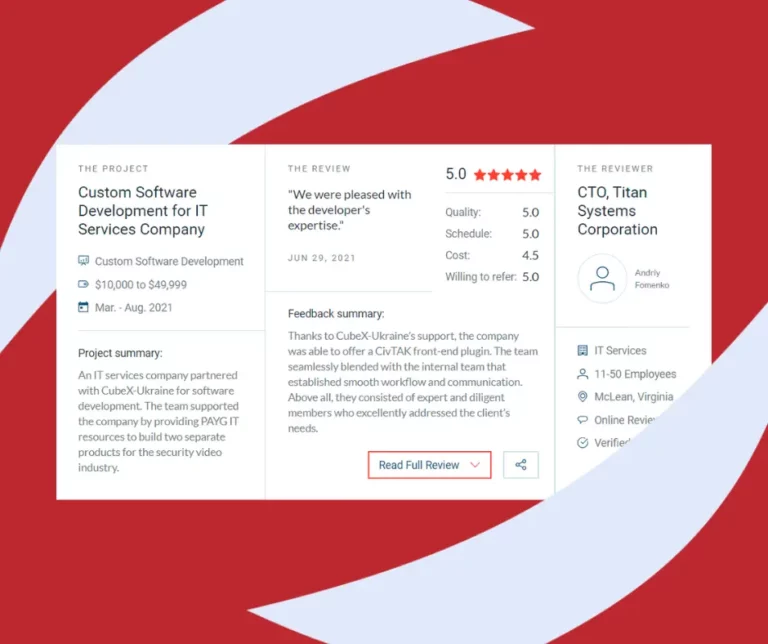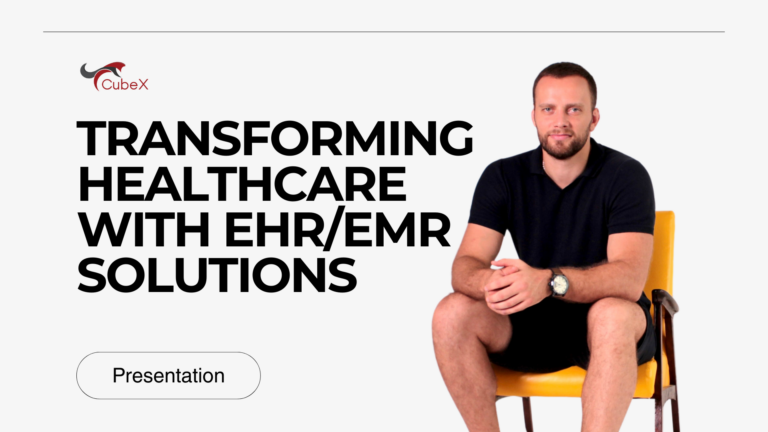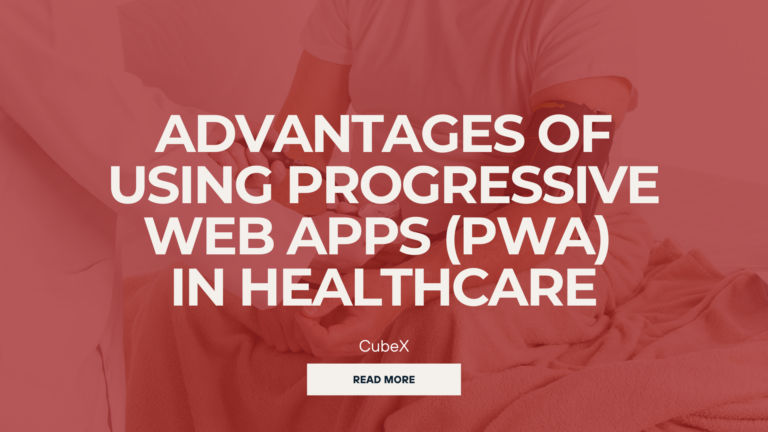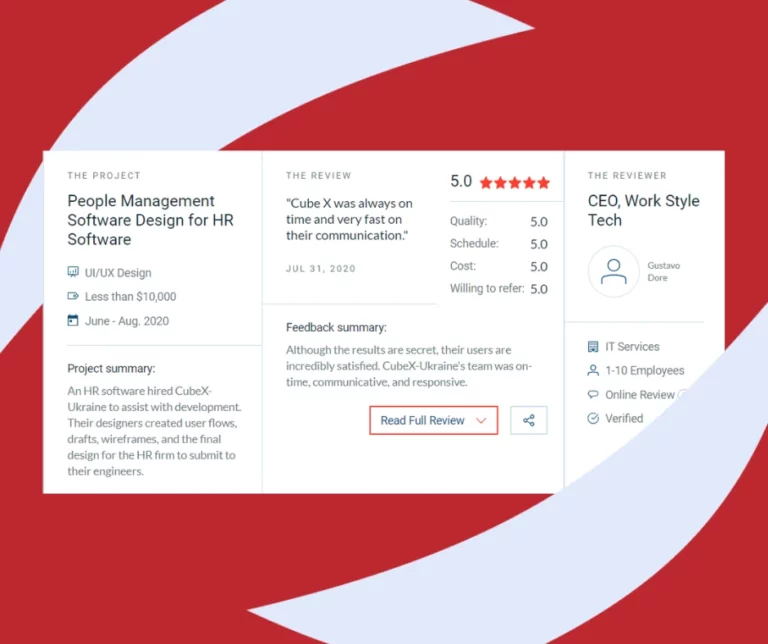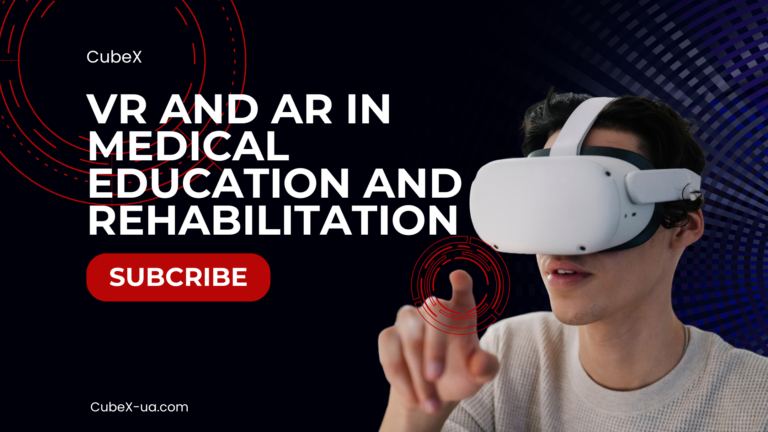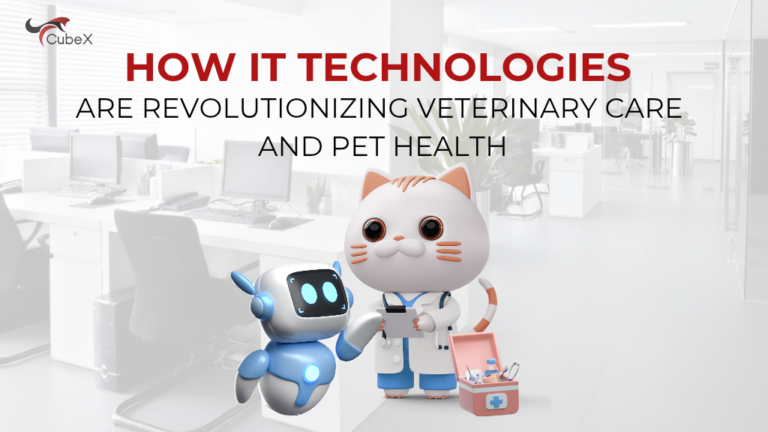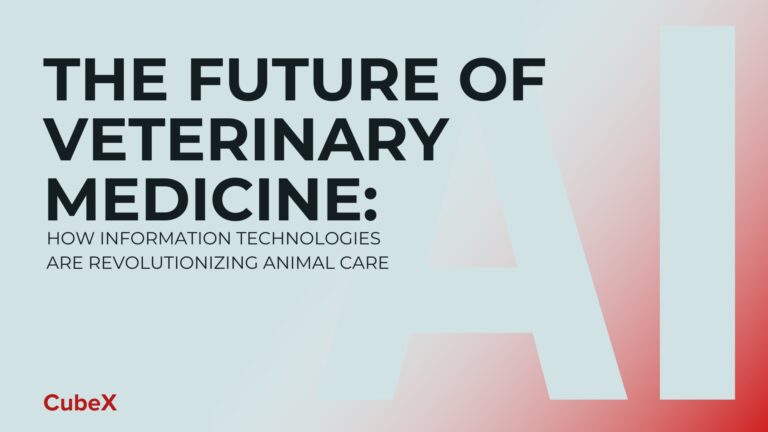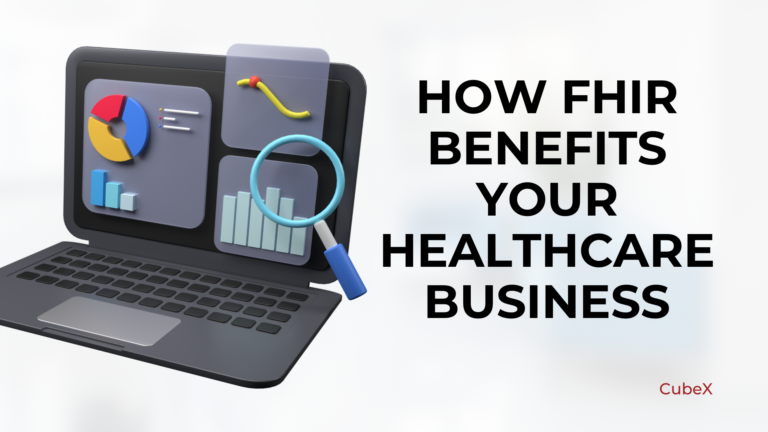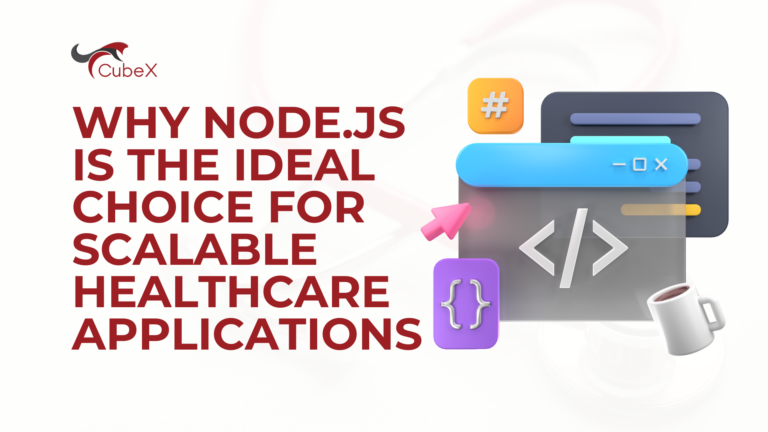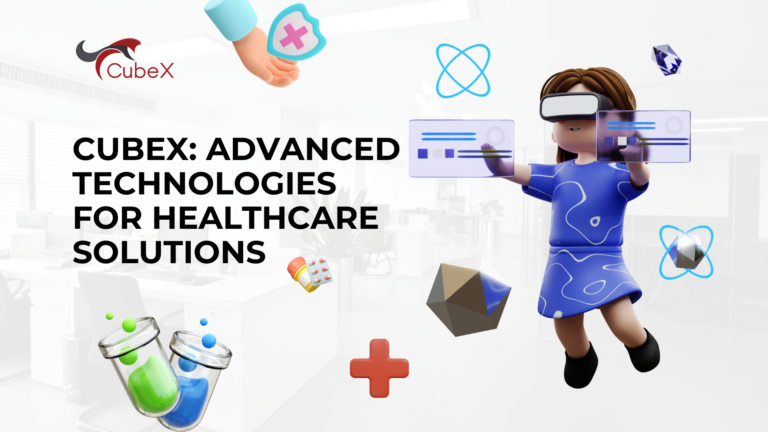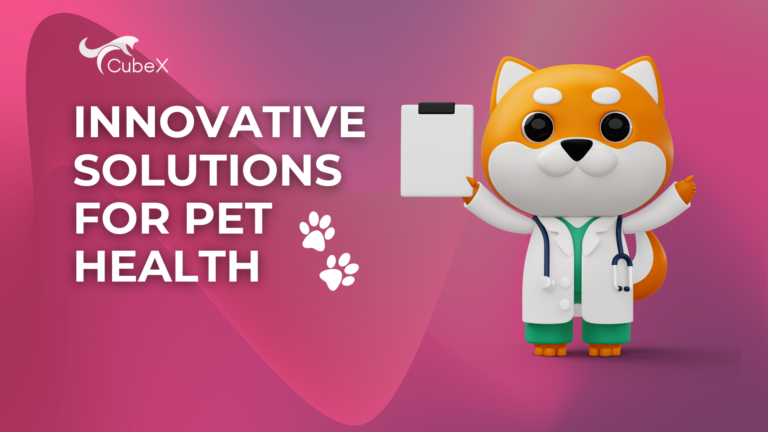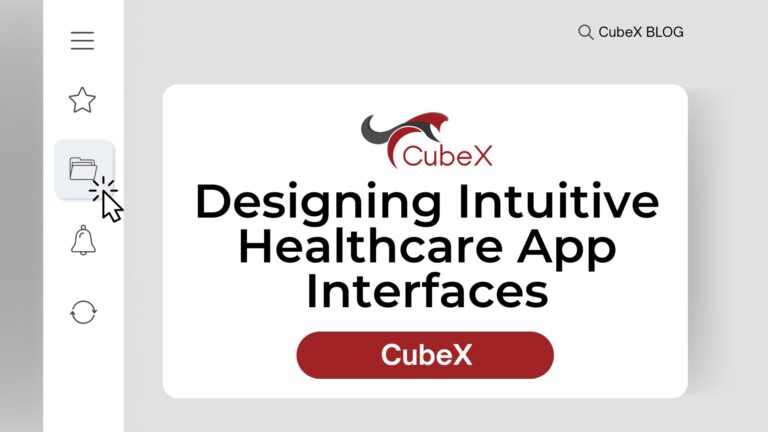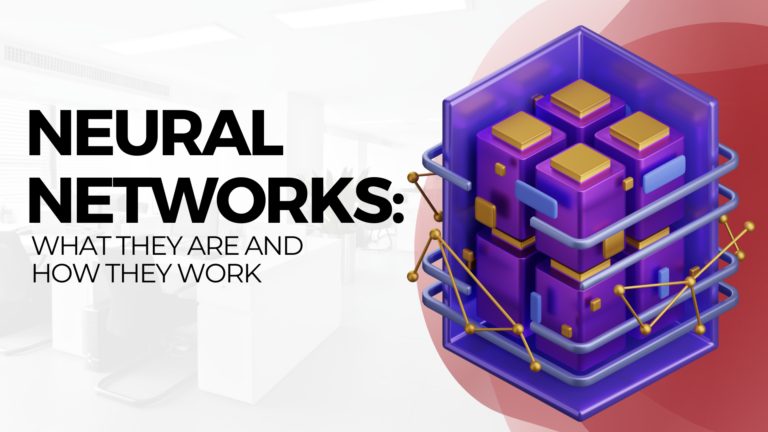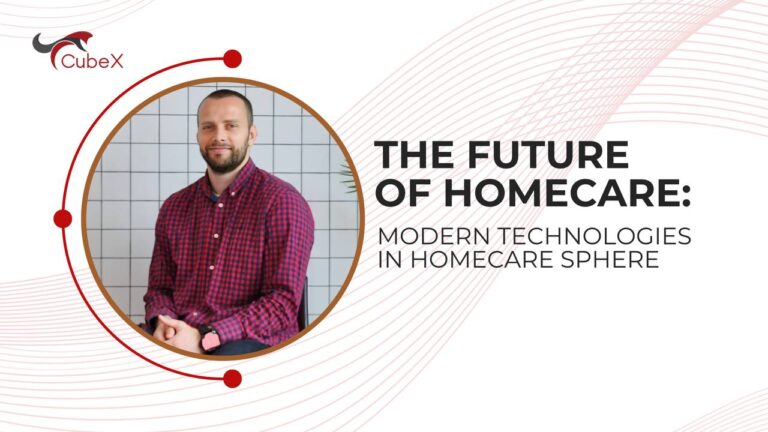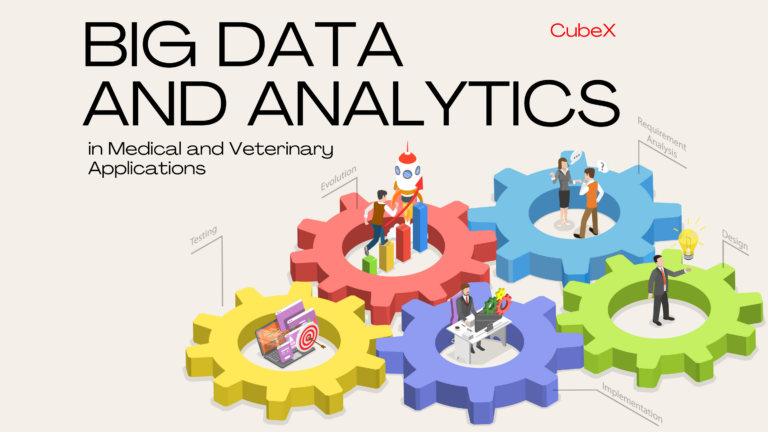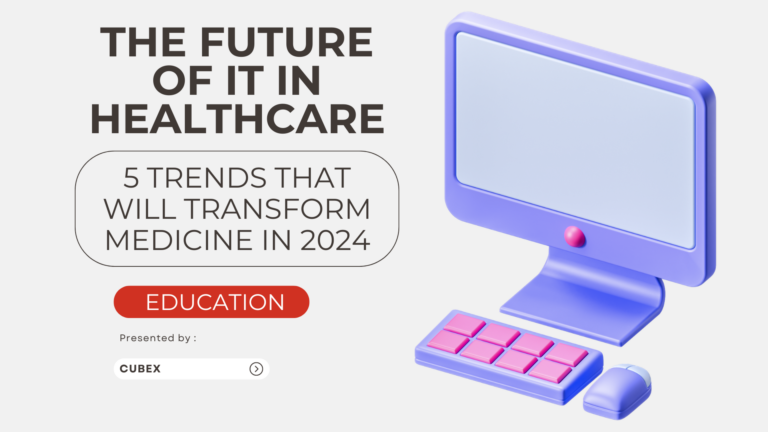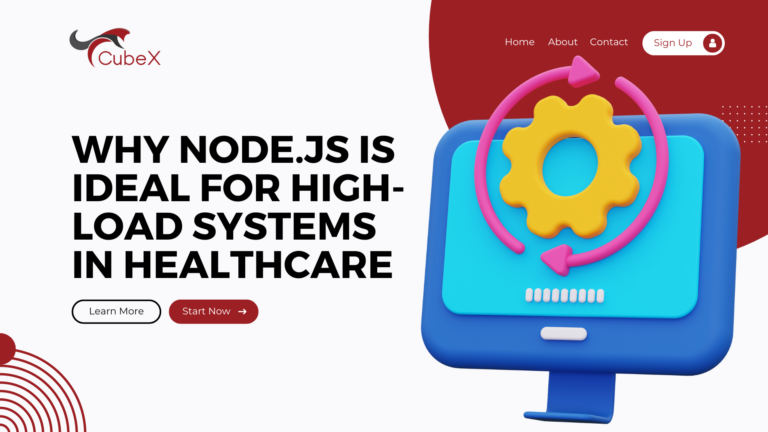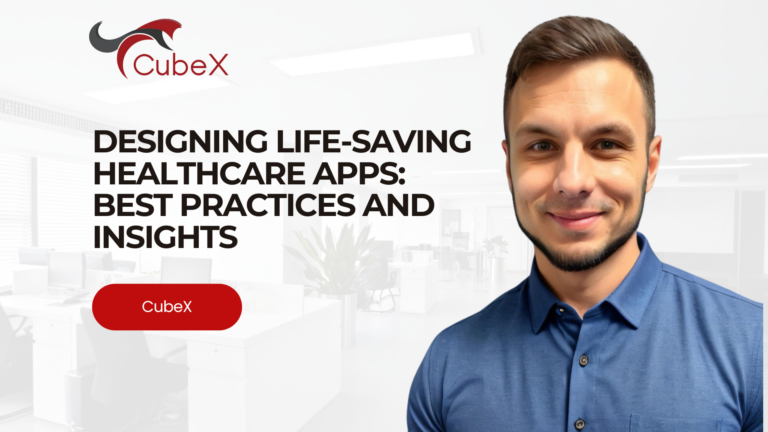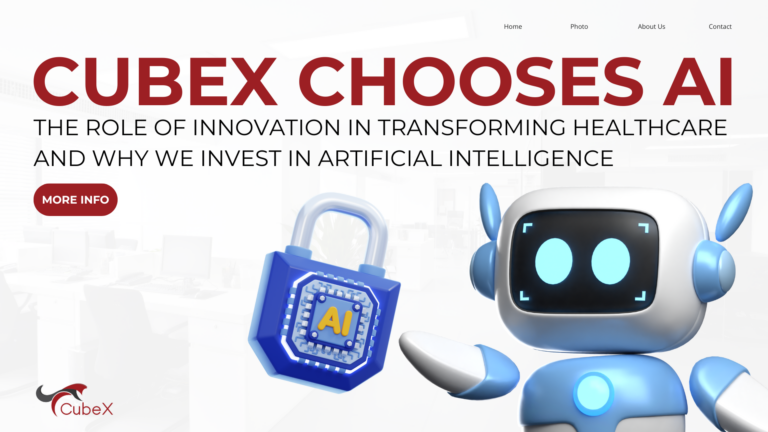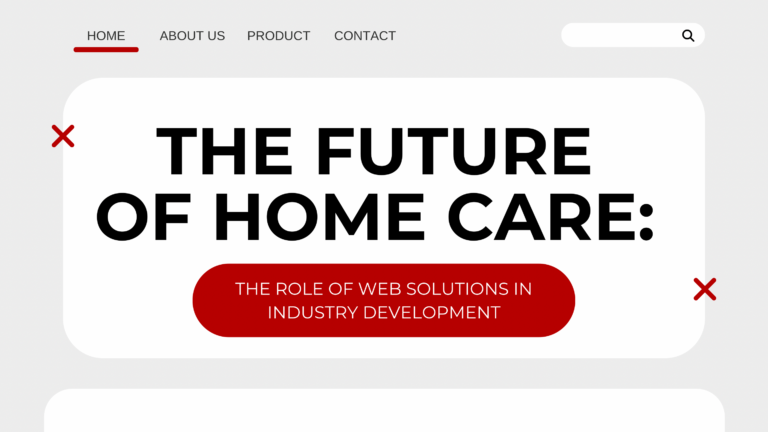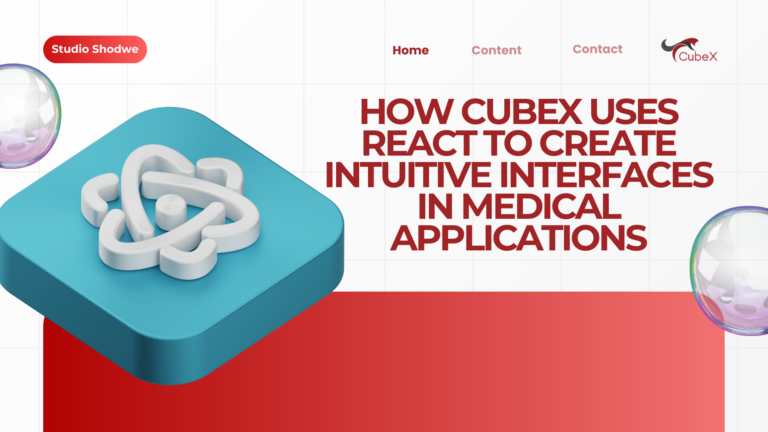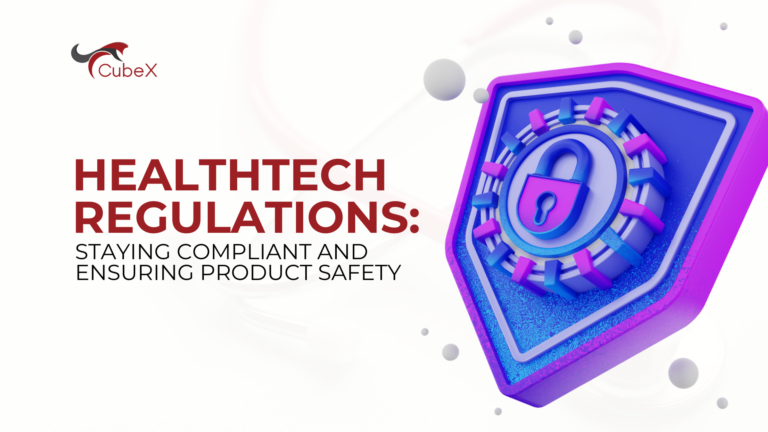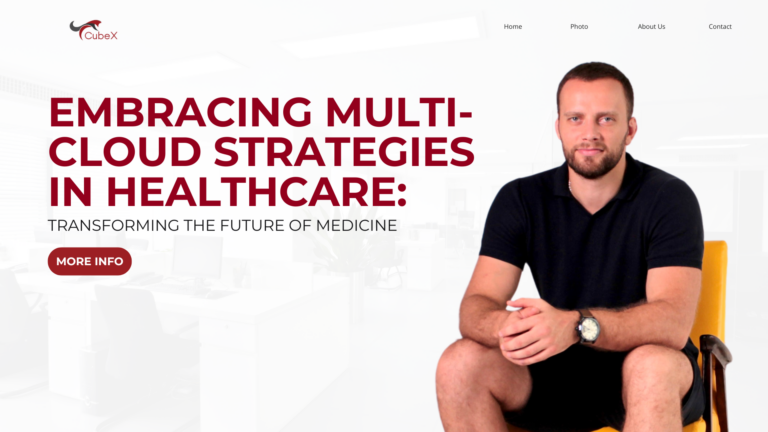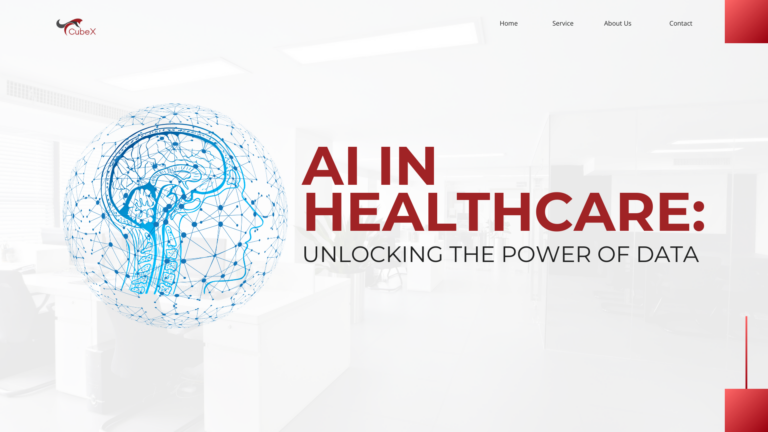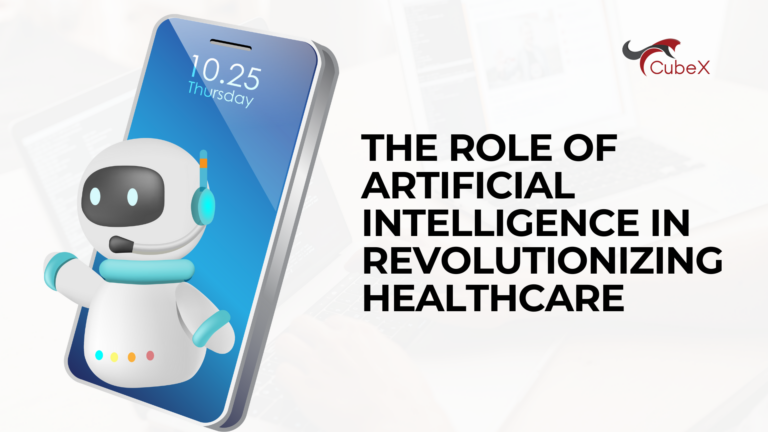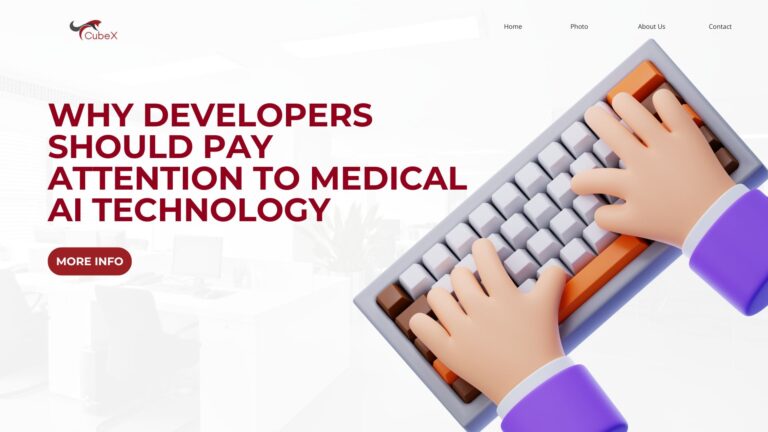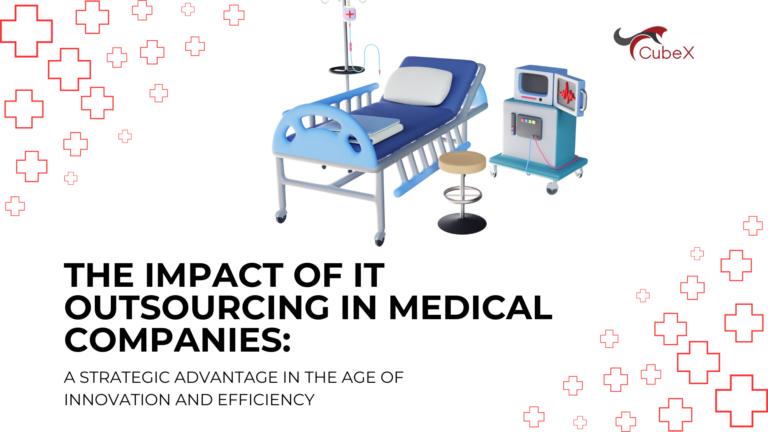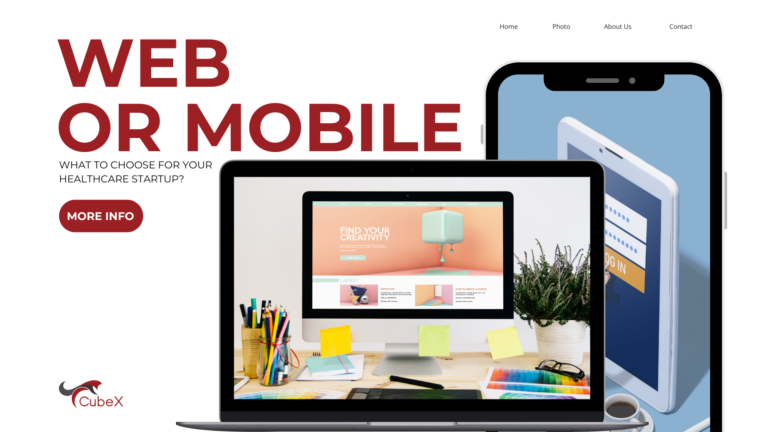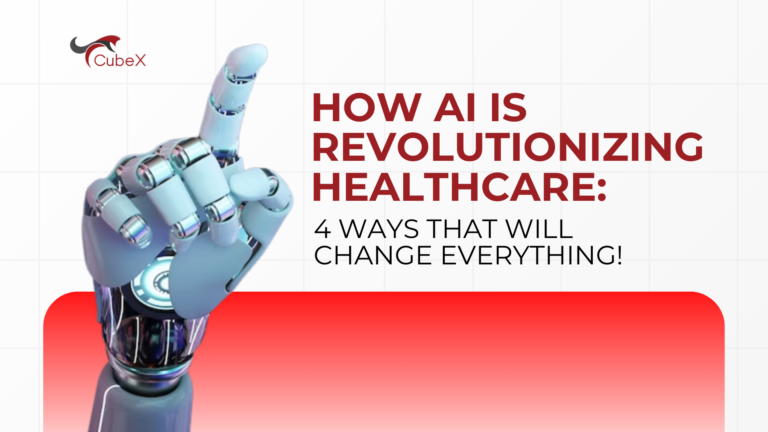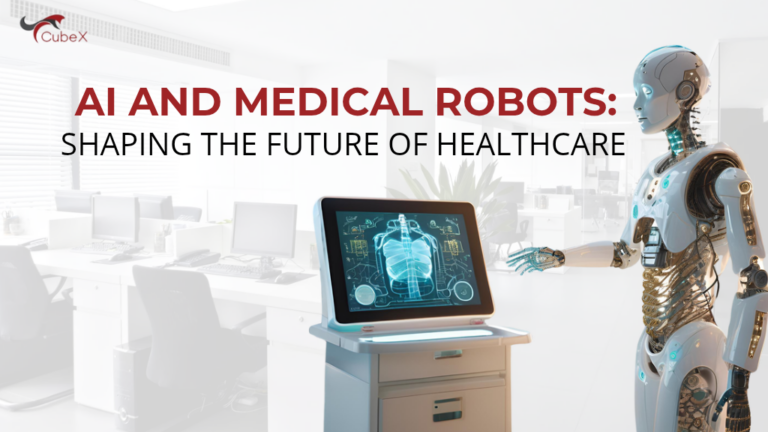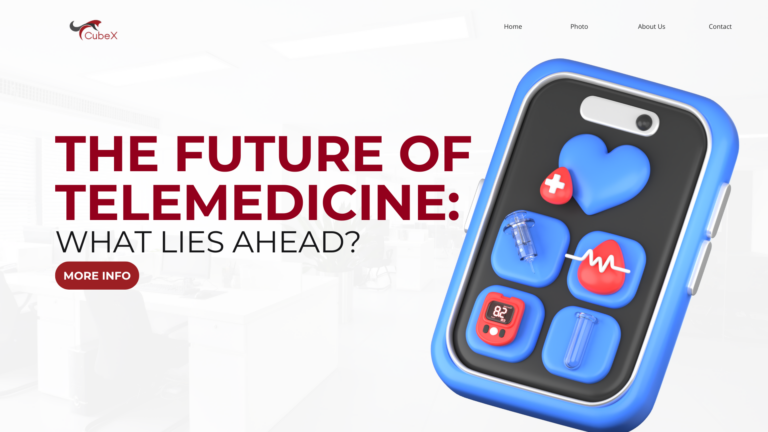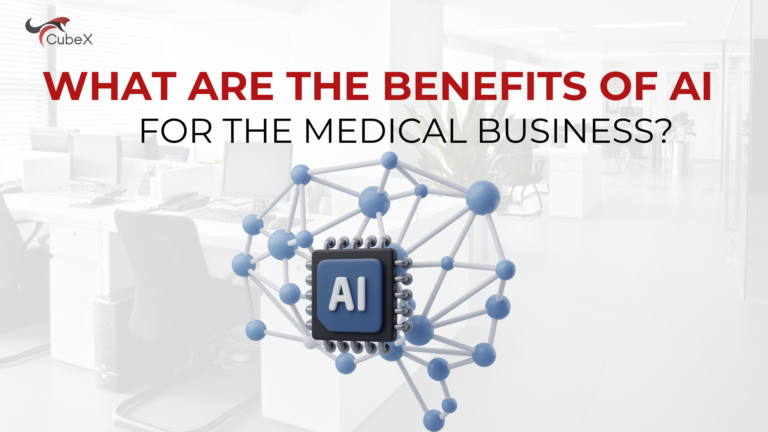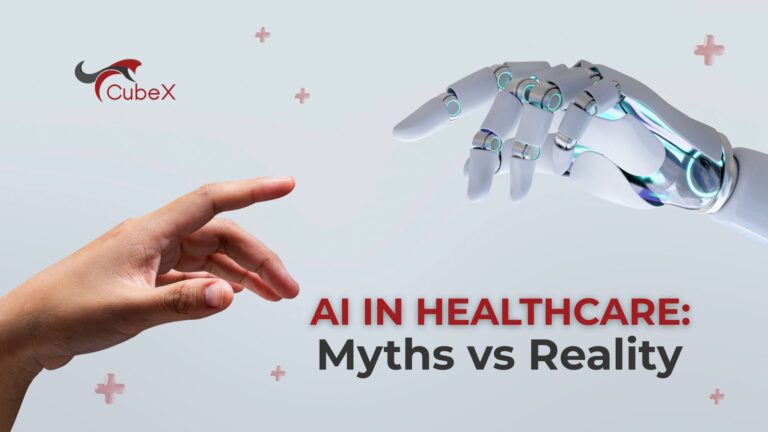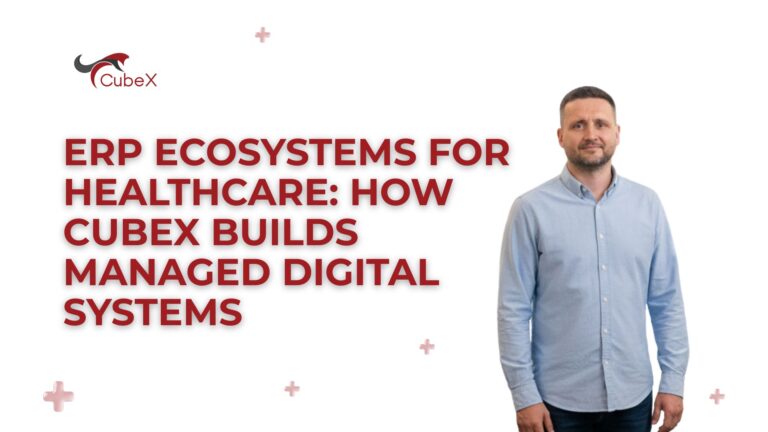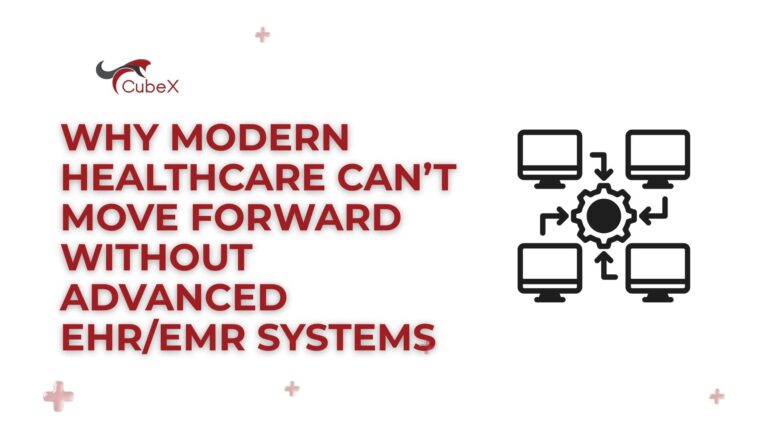The Future of Home Care: The Role of Web Solutions in Industry Development
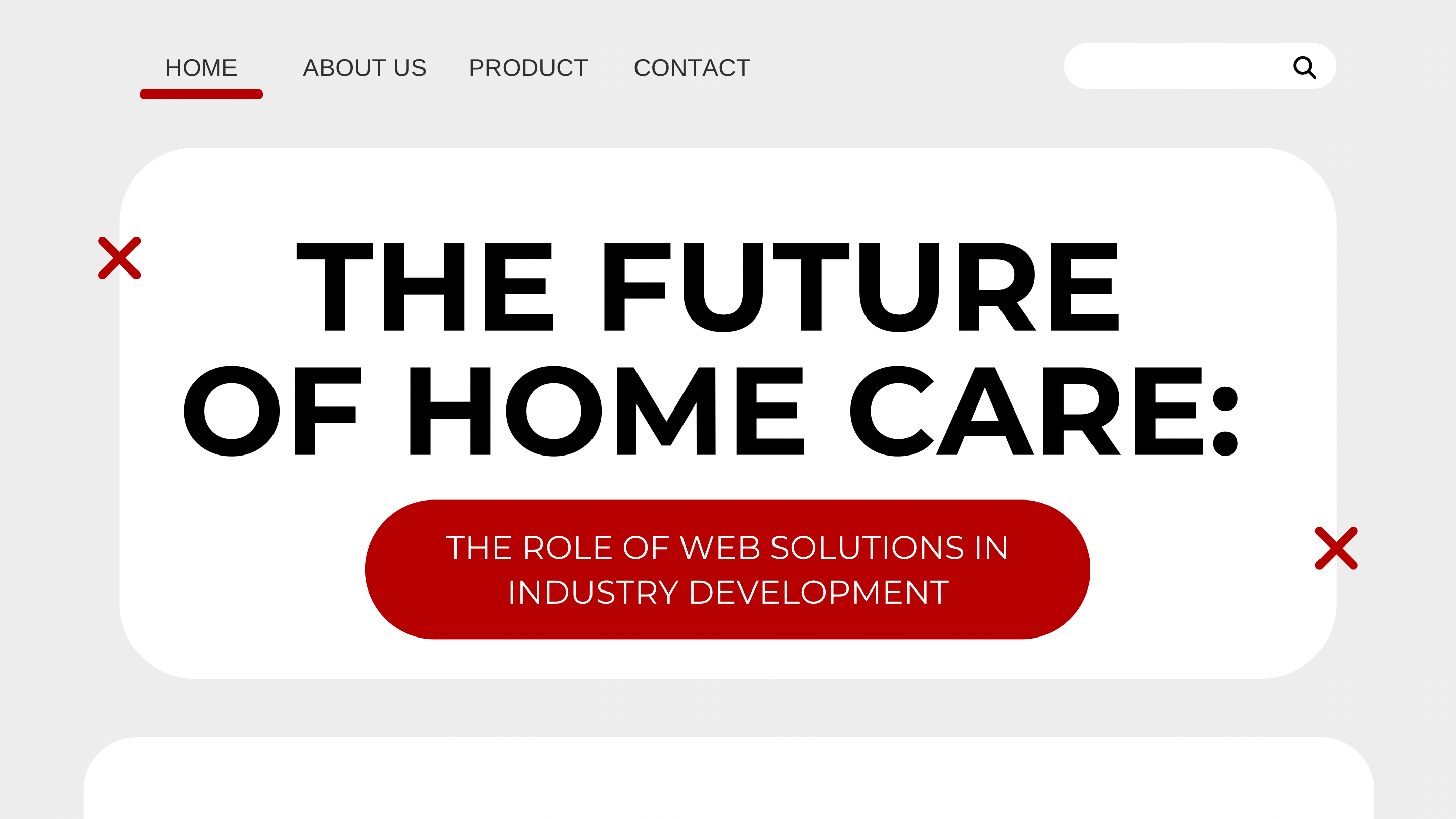
Home care is one of the fastest-growing sectors in healthcare, driven by rapidly changing societal needs and demographic shifts. With the development of digital technologies and web solutions, the home care industry is undergoing significant transformations aimed at enhancing service quality and accessibility. In this article, we will explore how modern web platforms and mobile applications are reshaping the landscape of home care and driving the growth of this vital sector.
The Role of Digital Technologies in Home Care
Home care has traditionally been associated with personal interactions between patients and healthcare providers. However, with the advent of web solutions, it is now possible to extend the boundaries of these interactions, offering more flexible and convenient options for patients and their families.
1. Accessibility and Convenience through Online Platforms
Modern web platforms are becoming the central hub for organizing home care services. These platforms enable patients and their families to easily find and book services from various specialists, including nurses, caregivers, physiotherapists, and doctors. Key features of such platforms include:
– Service Search and Comparison: Patients can choose services based on reviews, ratings, and specialist qualifications, leading to more informed choices and increased trust in the provided services.
– Booking and Payment: Simple and intuitive interfaces for booking and payment streamline the interaction process, reducing administrative burdens for both users and service providers.
– Calendar Integration: The ability to sync with personal calendars allows patients to easily plan visits and receive reminders about upcoming appointments.
2. Virtual Consultations and Support
Telemedicine has become an integral part of home care, especially when visiting medical facilities may be challenging. Web solutions and mobile apps with video conferencing and chat features offer:
– Remote Diagnostics and Consultations: Doctors can conduct initial assessments, evaluate symptoms, and provide treatment recommendations without the need for the patient’s physical presence.
– 24/7 Support: Patients have access to consultations at any time, which is crucial for emergencies and urgent situations.
– Psychological Support: Online consultations with psychologists and therapists help patients cope with emotional challenges related to chronic illnesses and long-term care.
3. Personalized Monitoring and Care
Mobile applications and wearable devices play a key role in monitoring the health of patients in home settings. These technologies include:
– Vital Sign Tracking: Devices for monitoring blood pressure, blood sugar levels, heart rate, and other parameters allow patients and their doctors to track health in real-time.
– Reminders and Notifications: Automatic reminders for medication intake, upcoming visits, and necessary medical procedures help improve adherence and treatment efficacy.
– Data Analysis and Feedback: Integration with cloud platforms enables the collection and analysis of patient health data, providing doctors with a comprehensive view for making informed medical decisions.
4. Cloud Technologies and Medical Data Security
Cloud technologies provide reliable and secure storage of medical data, which is critical for home care. Key advantages include:
– Accessibility and Mobility: Patients and healthcare providers can access medical records from anywhere in the world, which is particularly important for mobile medical teams and when patients relocate.
– Security and Privacy: Modern data protection systems, including encryption and multi-factor authentication, ensure a high level of security and compliance with HIPAA and GDPR standards.
– Integration and Collaboration: Cloud platforms allow different medical specialists to collaborate on patient care, share information, and coordinate their actions.
5. Educational Resources and Patient Support
Educational web resources and mobile applications provide patients with access to quality health and care information. This includes:
– Video Tutorials and Instructions: Detailed videos and instructions on self-care and caregiving help patients better understand medical procedures and follow specialist recommendations.
– Articles and Research: Access to the latest scientific research and articles on healthy living keeps patients informed about the newest medical advancements and recommendations.
– Communities and Forums: Platforms for interacting with other patients and sharing experiences create support and understanding, which is particularly important for people facing similar medical issues.
Conclusion
Web solutions and mobile applications play a crucial role in the future of home care, offering innovative ways to enhance the quality and accessibility of medical services. These technologies not only simplify the interaction process between patients and healthcare providers but also contribute to improved treatment effectiveness and overall patient satisfaction.
As an IT company specializing in the development of websites and mobile applications for healthcare, we are ready to help you implement advanced technologies and transform your practice. Join the digital transformation and discover new horizons for your business and clients.
#HomeCare #HealthcareIT #DigitalHealth #Telemedicine #PatientCare #DigitalTransformation …
Contact Us
Please contact us for any further information








